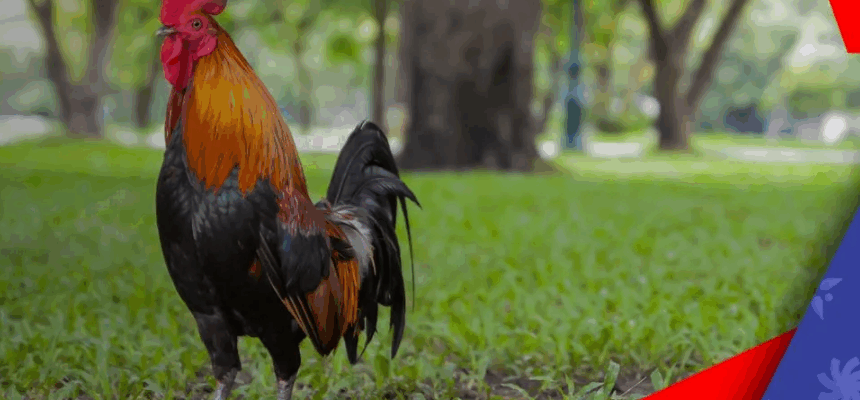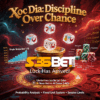
E-sabong’s Persistence Beyond the Ban
A new study by socio-cultural research institute The Fourth Wall reveals that online cockfighting in the Philippines—known as e-sabong—continues to thrive despite the nationwide prohibition. The activity remains accessible through unregulated gambling platforms, underscoring the difficulties of enforcement.
John Brylle Bae, research director at The Fourth Wall, explained:
“Our latest report shows that even though e-sabong is officially banned, it is still widely available on unregulated websites. High-profile individuals can access these platforms, which highlights the ongoing enforcement gaps.”
Unlike licensed operators under the Philippine Amusement and Gaming Corporation (PAGCOR), unregulated sites operate without consumer protection measures or compliance with strict protocols, placing users at greater risk.
Legal Background
In December 2022, President Ferdinand Marcos Jr. signed Executive Order No. 9, halting all e-sabong operations. The directive outlawed remote betting, live streaming outside official venues, and other online cockfighting activities.
Spread via Social Media
Despite the ban, researchers found that unregulated operators actively promote e-sabong through social media channels such as Facebook groups and private messaging apps. Some require account registration, but overall access remains open, showing the persistence of demand and determination of operators.
The issue resurfaced in public debate after a lawmaker was caught streaming cockfighting matches during the President’s State of the Nation Address (SONA).
A Bigger Game Selection on Illegal Sites
The study compared regulated and unregulated platforms across multiple aspects: game variety, promotions, agent structures, payment systems, customer verification, safety measures, and dispute resolution.
Key findings show that illegal sites offer nearly 5,000 different games, far outnumbering the 2,900 available on licensed platforms. Regulated games require PAGCOR approval and third-party audits, while illegal operators face no such scrutiny, leaving players vulnerable to fraudulent or manipulated content.
Verification Gaps and Player Risks
Licensed operators require stringent identity checks, including age and ID verification, sometimes cross-referenced with e-wallet registrations. In contrast, many unregulated sites only ask for an email or phone number, making it easier for minors to join.
“This lack of safeguards highlights the urgent need for targeted enforcement and stronger public awareness,” Bae added.
Payment Systems and Spending Controls
On the financial side, regulated operators use mainstream payment methods like GCash, Maya, QRPH, and bank transfers, but they enforce transaction caps to comply with anti-money laundering laws.
The Bangko Sentral ng Pilipinas (BSP) has also directed e-wallet providers to remove icons and links leading to gambling websites, further tightening restrictions. BSP Deputy Governor Mamerto Tangonan confirmed that the Monetary Board has already approved measures to disconnect payment systems from gambling operators.
Illegal sites, however, impose no spending limits, allowing players unrestricted deposits and wagers.
Trust, Safety, and Dispute Resolution
Licensed platforms offer structured complaint channels, with disputes escalated to PAGCOR if necessary. Unregulated sites, on the other hand, lack consistent dispute resolution processes and are often linked to scams, phishing attempts, and fake game listings.
Aggressive Marketing Strategies
Promotions differ significantly between the two markets. Regulated platforms typically offer sign-up bonuses and rebates ranging from 10% to 40%. By contrast, unregulated operators lure players with aggressive deals—sometimes up to 108% bonuses, frequent cashback offers, and other incentives.
Such aggressive promotions remain a key driver attracting players to unregulated platforms despite their risks.
Agent Programs and Revenue Sharing
Finally, the study highlights how illegal platforms recruit agents with highly attractive revenue-sharing agreements. Unregulated operators sometimes offer 45%–65% of gross gaming revenue (GGR), compared to the 30%–40% commission structures on licensed platforms, which are subject to stricter qualifications and payout rules.












